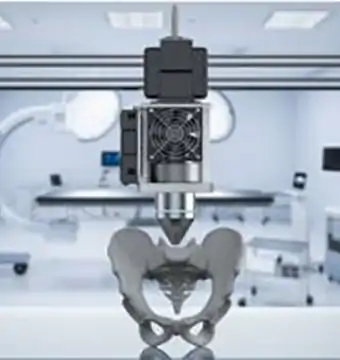Industry
Industry increasingly needs more efficient materials and production processes to meet today's manufacturing challenges.
With the incorporation of recent Additive Manufacturing (AM) techniques, synergies are being developed with HIP technology with the result of achieving parts of greater complexity, better mechanical properties and greater reliability and durability.
Effective solutions in advanced manufacturing and precision design and engineering. In this scenario, companies require solutions with parts that meet high technical requirements, complex machining materials and high precision specifications.
Highly diverse industries are currently using Hot Isostatic Pressing (HIP) technology at a certain point of their production chain in order to add value to their products by improving their quality and performance.

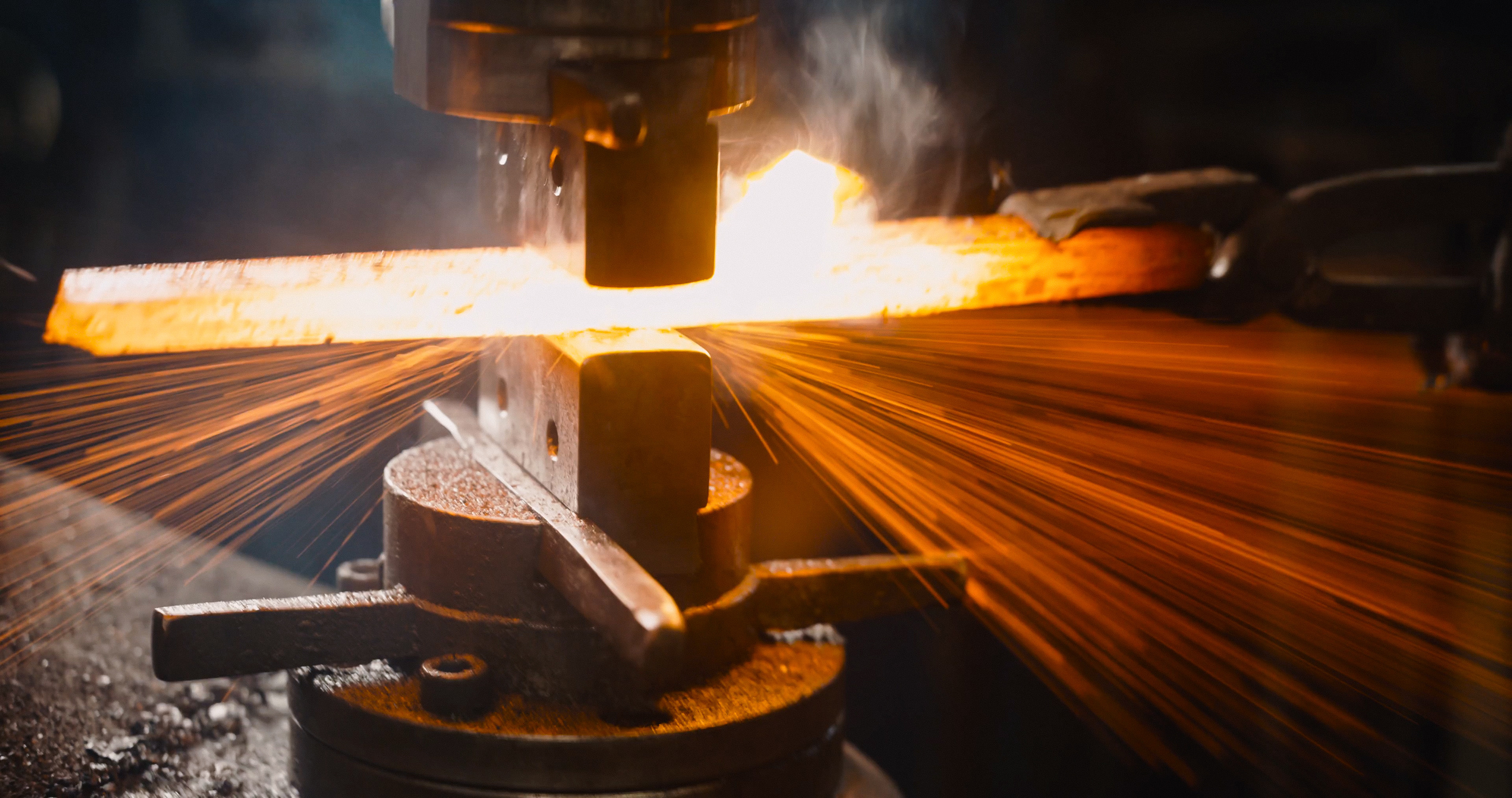
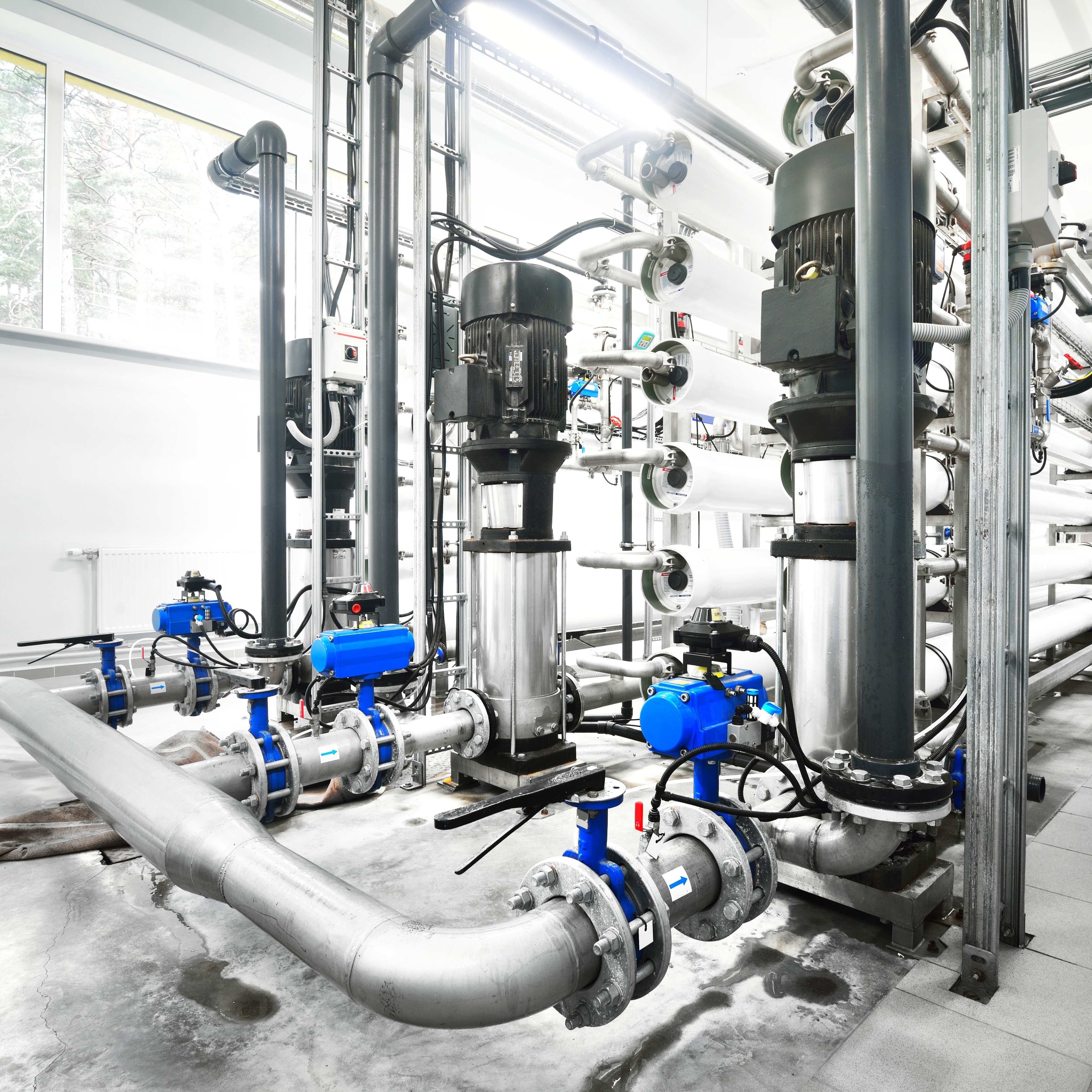
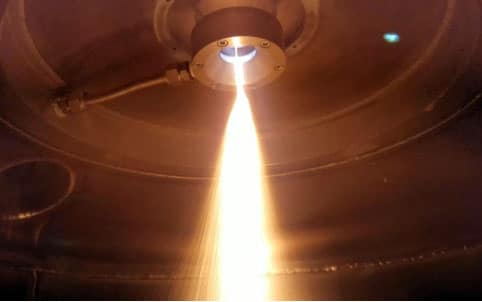




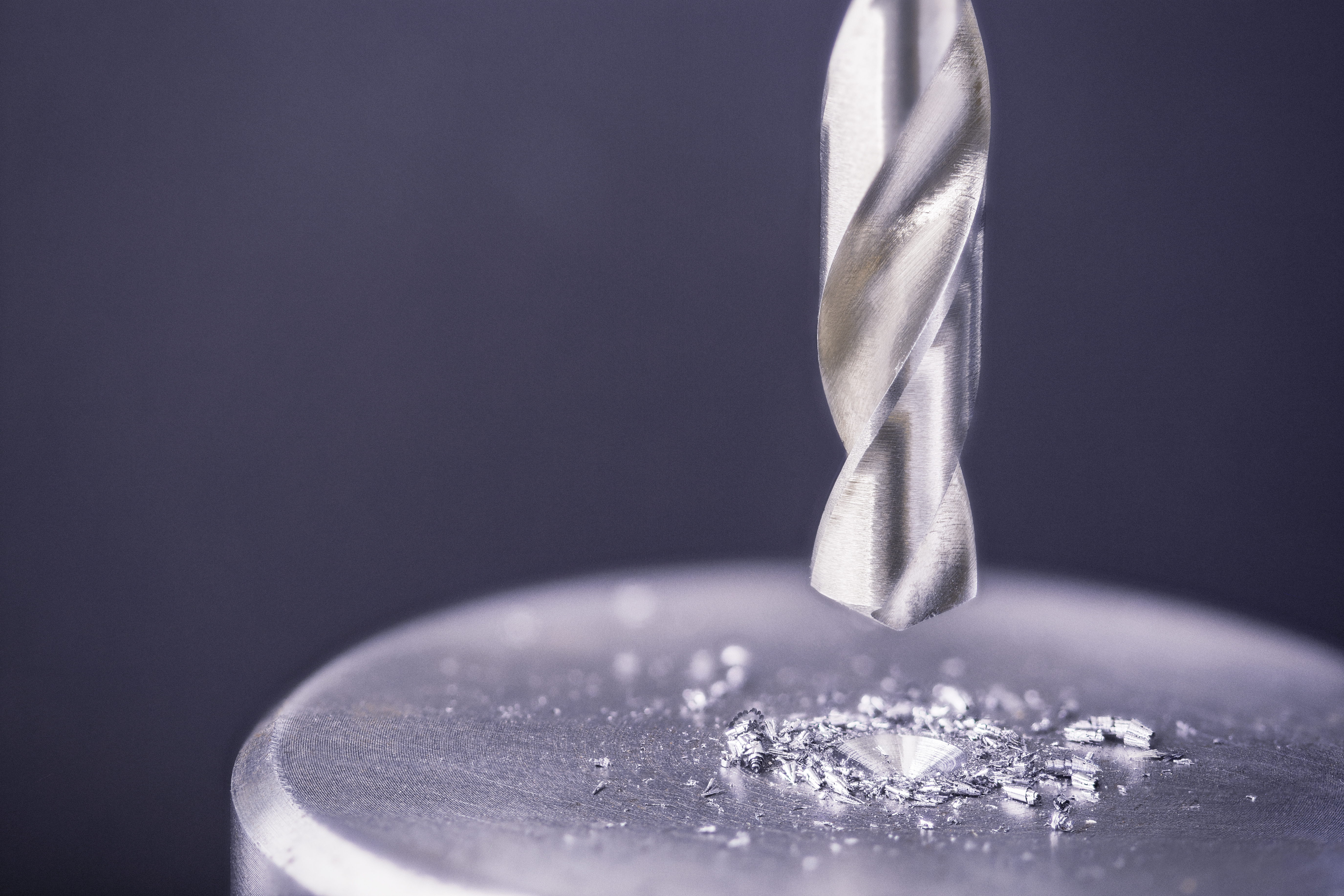
HIP APPLICATIONS AND MAIN ADVANTAGES IN DIFFERENT INDUSTRIAL SECTORS
Industrial applications of Hot Isostatic Pressing (HIP) cover a wide range of industries and products.
In the development of tool materials, HIP eliminates porosity when made of sintered tungsten carbide and in diamond tools, it improves the adhesion of diamonds to the base metal.
The main advantages of using HIP in the tooling sector are the following:
- The possibility of producing alloys from Powder Metallurgy.
- Improving the mechanical properties of materials used in tools. Mainly toughness, thanks to improved adhesion between the matrix and the disperse.
- The possibility of applying coatings with good adhesion to the base thanks to the Diffusion Bonding (DB) technique.
En la industria del agua, los impulsores y carcasas fundidos para aplicaciones de bombeo críticas se someten a HIP para mejorar la integridad eliminando la porosidad.
The main advantages of using HIP in hydraulic applications are as follows:
- Improvement of the properties of cast components used in various hydraulic components.
- The possibility of applying coatings that improve specific properties such as erosion or cavitation wear on the base materials by means of Diffusion Bonding (DB).
In the world of steelmaking, as the industry has demanded materials that perform in more demanding applications, manufacturers have had to improve their products. One of the techniques that make it possible to obtain much higher quality steels is powder metallurgy, which is common in hot-working tool steels and dies. These powder metallurgy steels rely on HIP to consolidate the material from powder to solid.
The possibility of manufacturing these materials without producing or thickening primary carbides allows for fine grain microstructures, and without the usual segregations in steels with a high percentage of alloy, making the steel industry one of the most important industries for HIP.
The main advantages of using HIP in the steel industry are as follows:
- The manufacture of powder metallurgy grades prevents the formation of primary carbides that compromise toughness. This improves wear resistance by having fine, highly distributed carbides. It produces a fine, isotropic microstructure, with which the forging process starts after the HIP.
One of the major applications, in terms of tonnes of material processed by HIP annually, is that of certain tool steel manufacturers, who make blanks ("slabs") with a process similar to the NNS (the shape of the slab does not matter), in which the aim is to obtain an ingot of fine-grained tool steel and avoid the formation of large primary carbides that compromise the toughness of the material.
The main advantages of using HIP in the tooling sector are the following:
- Obtaining a material with a very high combination of hardness and toughness
- The possibility of alloying by powder metallurgy
In jewellery, HIP technology is used as post-processing for the densification of castings, for example in platinum alloys. The goal is to eliminate the porosity that would appear when




